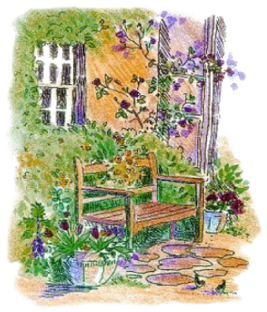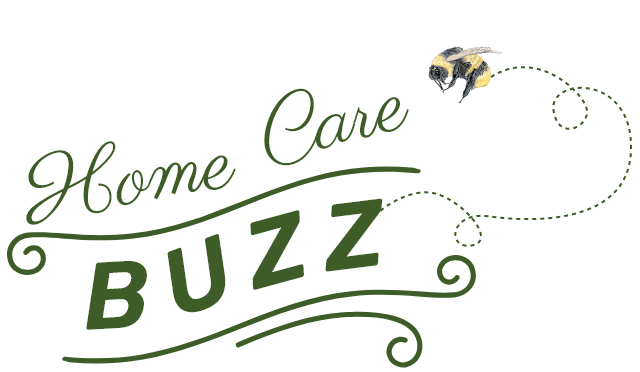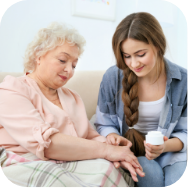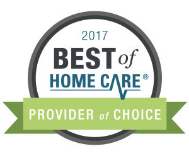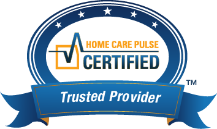How Can You Tell If an Older Adult Is Dehydrated?
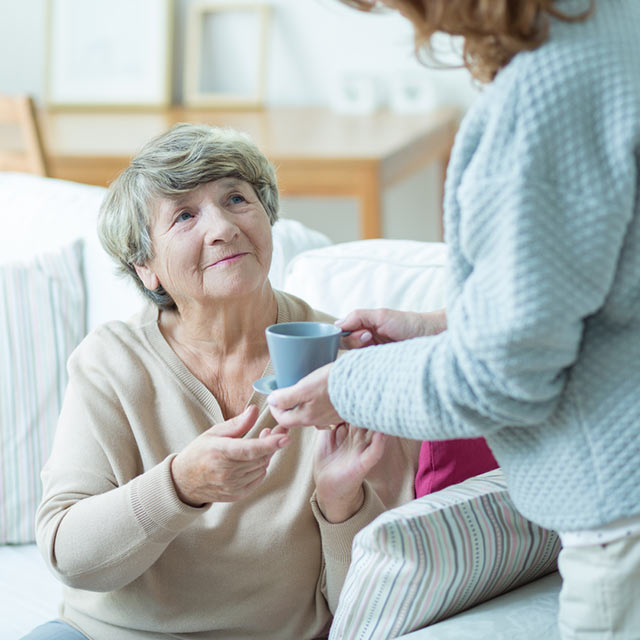
You might remember the old saying “Always drink 8 glasses of water a day.” However there are many factors that determine how much water someone needs. And it is not one size fits all. Adequate daily water intake for a young, healthy person is around 13 cups for males and 9 cups for females. But as we age, this estimate gets more complicated.
It is common for people or their caregivers to be concerned about whether they are getting enough water, particularly as they grow older. And aiming for an exact target for water intake is also difficult since many factors can change how much water someone needs from day to day. As we’ll discuss below, there are some simple signs that serve as great clues about a person’s water needs.
Aging and water needs
Your personal water needs change as you grow and age. In general, your body holds less water as you get older, so you often need to drink less water in a day. At the same time, lower body stores also make it easier to become dehydrated. We all lose water naturally throughout the day through activities such as breathing and sweating, as well as through bladder and bowel movements. Older adults who are less active may lose less water throughout the day as a result.
Older people are also more likely to have chronic health conditions and take more medications. These can both have a big impact on their daily water needs. Some conditions like diabetes can mean that you need to drink more water. Someone who takes diuretic medication may also need to drink extra water. And with other conditions like heart failure and cirrhosis, too much water can be a problem. It can get even more complicated when someone has multiple conditions or medications.
But the good news is that the body provides multiple signs and cues to let us know if we need more or less water.
Clues about hydration status
Hydration needs are different for every individual, and they can vary from day to day for one person. Here are some helpful clues that can tell you if you are getting enough water:
- Thirst: At the most basic level, your body asks for more water by making you feel thirsty. But as you age, the thirst reflex can lessen. This means that it’s important to pay attention to other clues too.
- Skin and mouth moisture: The skin and the inside of the mouth are two of the easiest places to get a quick idea about hydration. When someone is dehydrated, their skin will often become dry and flaky. The mouth gives us a lot of clues too. The lips may become creased and cracked, the tongue and inside of the mouth may appear dry, or the tongue and teeth may appear coated.
- Urine: One of the main ways that the body keeps its water levels balanced is through urine output. When you pee, you are getting rid of extra water and other waste products. So when a person is dehydrated, they will often produce less urine. The urine will also become more concentrated and appear dark yellow, amber, or brown.
- Bowel movements: We also lose water in bowel movements. When you don’t drink enough water, your body works to save water and limit its passage. This causes stool to become more dry, firm, and difficult to pass.
Symptoms of dehydration
Water is essential for the body to work. And when the body is low on water, this can also alter the concentration of other important electrolytes, such as sodium, potassium, and chloride. This can cause a number of problems that can range from mild to severe. Some of these problems are:
- Weakness: Dehydration can cause you to feel weak and have low energy. This can also lead to falls, which can be especially dangerous for older adults.
- Confusion: Just like other important organs, the brain needs enough water to do its job properly. When they’re dehydrated, older adults may experience delirium, which can cause extreme confusion and disorientation.
- Kidney and bladder problems: The kidneys are very dependent on enough water to stay healthy. Dehydration can impact the kidneys’ ability to get rid of harmful waste products in your blood. Dehydration can also cause damage to the kidneys themselves and lead to less effective kidney function. Urine becomes more concentrated and stagnant due to dehydration, which can lead to urinary tract infections (UTIs).
- Constipation: When someone is dehydrated, their stools can become hard and difficult to pass. Severe constipation can also cause stomach pain, nausea, vomiting, and blockage of the bowels.
- Oral problems: Saliva is crucial for keeping teeth healthy, and dehydration can lead to less saliva. Dry mouth is a common cause of tooth decay and gum disease.
- Cardiovascular problems: When your body is low on water, you also have less total volume of blood. This can lead to low blood pressure and dizziness. It can also cause a high heart rate, which can give you heart palpitations or make you feel like your heart is racing.
These are just a few examples of how dehydration can have serious effects on the entire body. Fortunately, developing some simple habits, either personally or as a caregiver for an older person, can make staying hydrated much easier.
Tips for staying hydrated
Most of us could do a better job of staying hydrated. There are some simple habits that can make it easier to get the right amount of water every day:
- Keep water close: Drink when you are thirsty. But remember that thirst alone is not always the best guide, especially as you grow older. Keeping water handy can be a constant reminder to drink more water. Consider keeping water with you throughout the day and on your nightstand at night.
- Track your water intake: It is easy to believe that you are drinking more water than you actually are. Consider using a sports bottle with measurements to track your daily water intake. There are some water tracking smartphone apps and wearable devices available too.
- Eat foods high in water: We get water through the foods we eat too. Some foods are packed with extra water. Melons, tree fruits, and berries all contain good amounts of water. Vegetables such as greens and celery are also great sources of water. Beverages besides water can also add to your daily water intake. But be sure to avoid replacing water with sugary drinks, such as juice and soda.
- Limit salty foods: Very salty foods cause you to urinate more and can lead to dehydration. This can even include liquid foods like soup if it contains a lot of salt. Many older adults cook less and eat more packaged foods and food from restaurants. These types of foods are often higher in salt content than meals that you prepare at home.
The bottom line
It can be hard to figure out the amount of water that is “just right” for you or someone in your care. It is also important to remember that it is possible to have too much of a good thing, even water. You can use the tips above to keep you or someone you care for well hydrated. You now also have some helpful clues to tell you when someone might need more water and can be aware of some problems that may happen because of dehydration. Don’t forget to include your healthcare provider in the conversation, especially if you or someone in your care has chronic medical problems or takes medication.


